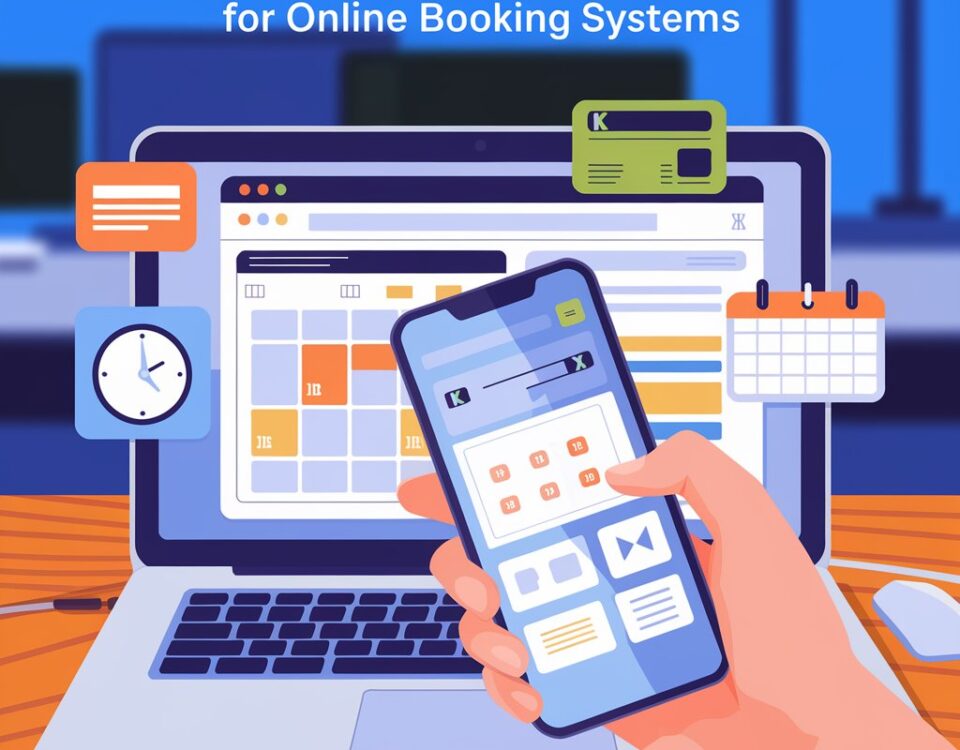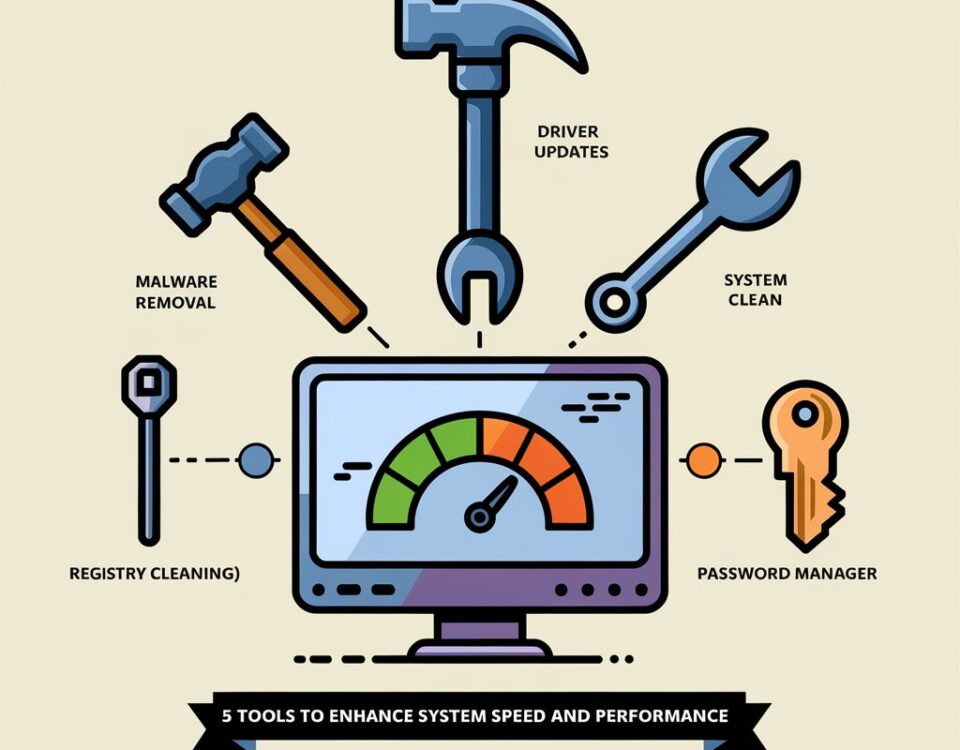
Digital Payment Methods: The Rise of Cashless Transactions
June 27, 2024
How GPS Technology Enhances Everyday Navigation
June 28, 2024The Impact of Online Education Platforms on Earning
Online education platforms have revolutionized the way we learn. The rise of digital learning tools has made education more accessible and flexible. Learners can now access courses from anywhere, at any time. Traditional education methods are evolving to integrate these new technologies. This shift has brought many benefits and some challenges. The impact of online education platforms on learning is profound and multifaceted.

Increased Accessibility
Online education platforms have removed barriers to education. People from remote areas can now access quality education. Students can choose from a wide range of courses and subjects. This accessibility helps bridge the educational gap between different regions. Online platforms provide opportunities for lifelong learning and career advancement.
Flexible Learning Schedules
One of the biggest advantages is the flexibility they offer. Students can learn at their own pace and on their own schedule. This flexibility is especially beneficial for working professionals and parents. It allows learners to balance their studies with other responsibilities. Online platforms cater to different learning styles and preferences.
Cost-Effective Education
Online education is often more affordable than traditional education. There are no commuting or housing costs. Many platforms offer free courses or financial aid options. This cost-effectiveness makes education more accessible to a broader audience. It reduces the financial burden on students and their families.
Enhanced Learning Experience
Online platforms use multimedia tools to enhance the learning experience. Videos, interactive quizzes, and virtual simulations make learning more engaging. These tools cater to different learning styles, making education more effective. Students can review materials as many times as needed, reinforcing their understanding.
Personalized Learning
Online education platforms offer personalized learning paths. Adaptive learning technologies tailor the content to each student’s needs. This personalization helps students focus on their weak areas and improve faster. It creates a more efficient and effective learning process.
Global Collaboration
Online platforms enable global collaboration among students. Learners from different countries can interact and share ideas. This interaction fosters cultural exchange and global understanding. It prepares students for the globalized world and international careers.
Challenges of Online Education
Despite the benefits, there are challenges to online education. Not all students have access to reliable internet or devices. Some learners struggle with self-discipline and time management. The lack of face-to-face interaction can affect social skills and motivation. Educators must find ways to address these challenges to make online learning more effective.
Conclusion
The impact of online education platforms on learning is significant. They have made education more accessible, flexible, and affordable. They enhance the learning experience with multimedia tools and personalized paths. However, challenges like access and self-discipline need to be addressed. The future of education will likely see a blend of traditional and online methods. Embracing these changes will lead to a more inclusive and effective education system.




